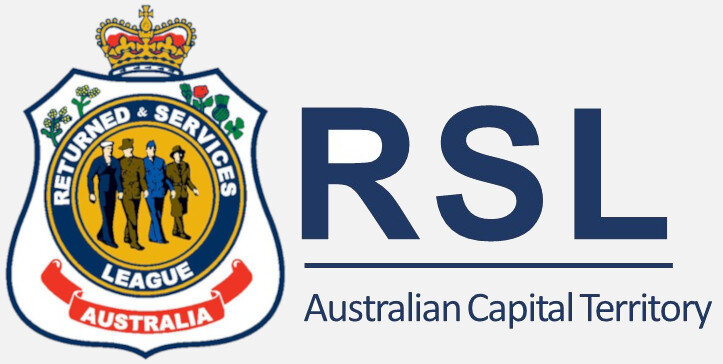Cover letter tips for veterans
Your cover letter can make or break your job application. Here’s how to stand out in all the right ways.
Writing a cover letter for your CV provides an opportunity to introduce yourself to a potential employer and highlight why you’re a great fit for the role. It’s probably not something you’ve had to do often serving in the military, but with a few tricks up your sleeve your CV can stand out from the crowd. For free, one-on-one support writing your cover letter, reach out to our career experts at the RSL Veterans’ Employment Program.
Here are our top tips for nailing your cover letter.
Treat your cover letter as a highlight reel
When you write your cover letter, you are creating a snapshot of the key professional attributes you hold that are applicable to the role you’re applying for. Treat it as a highlight reel for the professional you, as relevant to the role you’re applying for.
Address your cover letter to the right person
To start strong, always address your cover letter to the hiring manager. Their name may be included in the job listing, but if it isn’t, do your research. A quick phone call usually does the trick. This demonstrates attention to detail and enthusiasm for the company and the role.
Address the essential criteria
The job posting will have all the information you need to successfully write a cover letter, so it is crucial that you read the posting carefully and incorporate the essential criteria into your letter. Be sure to answer each criterion clearly.
Add new information they won’t find in your CV
Your cover letter is an opportunity to tell a specific but succinct story about a professional achievement related to what’s in your CV, and to emphasize how those experiences have equipped you for the role.
Repeat keywords from the job listing
A powerful strategy when writing your cover letter is to identify keywords that the employer has used in the job listing and use them to describe yourself and your strengths in your cover letter. It’s a great idea to write a list of keywords and have this on standby when writing your CV. This will also help identify your application in employer HR databases for future roles.
For more tips on how to tailor your cover letter to the specific role you’re applying for, check out this article on Seek.
Keep your cover letter to one page
It’s best to keep your cover letter short and sweet – you don’t want your reader to get bored or overwhelmed with information or worse, put your application down before finishing it. Remember, this is a snapshot, not an auto-biography.
Check, check, and triple check!
Ensure you proofread your work, check your formatting and grammar, and ask someone you trust to read over it. It can also be helpful to read your cover letter out loud to yourself to check for any mistakes and to hear how it will sound to the interviewer.
Use your own words
Authenticity is key and will stand out to an interviewer who may be reading dozens of applications. Remember that your unique voice will set you apart from your competitors, so use it authentically but professionally. Never copy and paste from Google!
Use an appropriate tone of voice
When you write a cover letter, your tone of voice should suit the industry. If you’re applying for a creative role, a more informal tone would be appropriate. If it’s a technical role use technical language, and so on. In your cover letter, it’s not just what you’re saying, but how you’re saying it that helps sell you to a potential employer.
Don’t start every paragraph with ‘I’
Push the ‘I’ back in the sentence rather than leading with it every time. For example, “With 8 years of experience, I display excellent communication skills.” Use ‘my’ as well. For example, “My experience in XYZ helped me develop excellent problem-solving skills.” Focus on how you meet the needs of the employer.
Need a hand? The RSL Veterans’ Employment Program can help.
It can be challenging to write about yourself, particularly given self-promotion is not inherent to ADF culture. Our expert, ACT-based career coaches can help you to identify your unique selling points and translate them into language civilian employers understand.
Find out more about our free career support service here.


